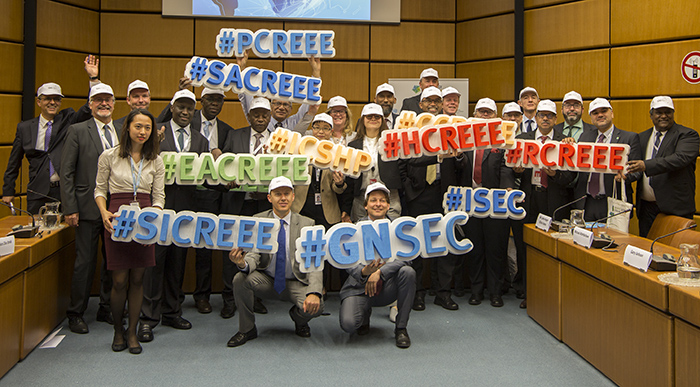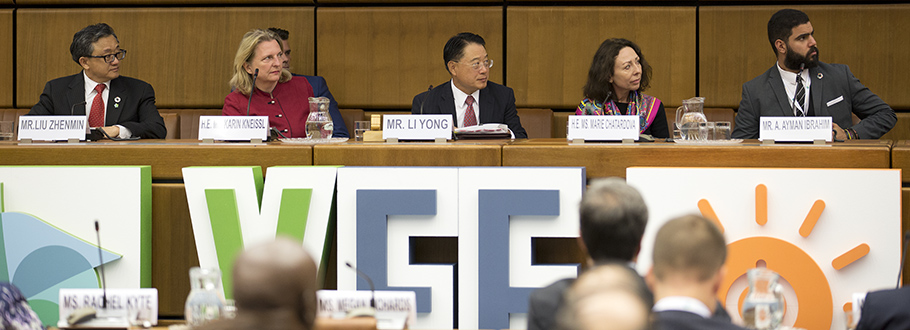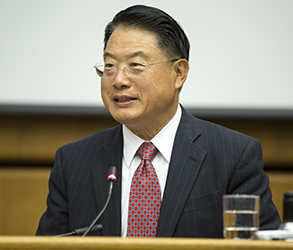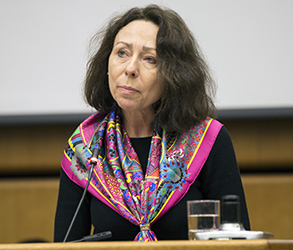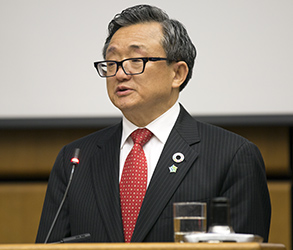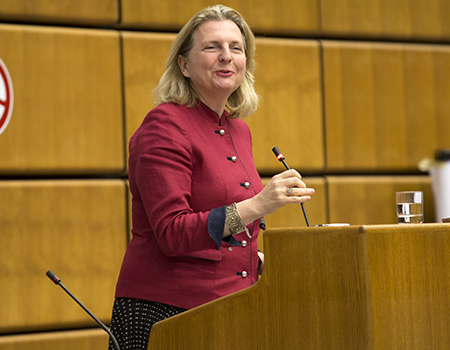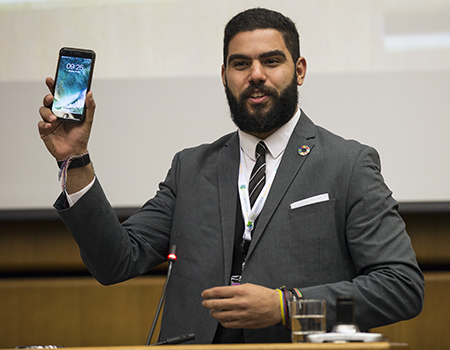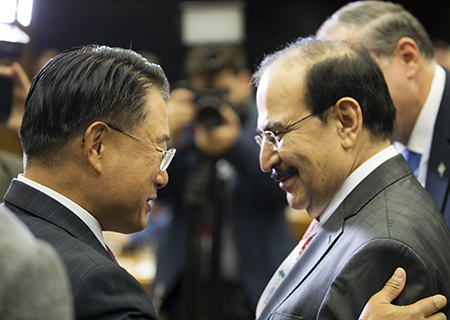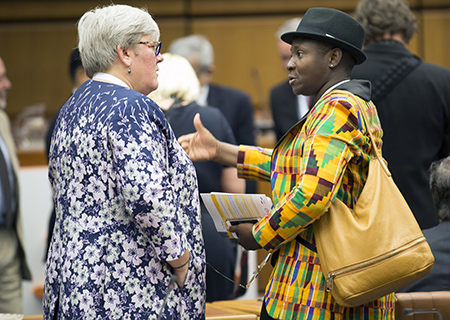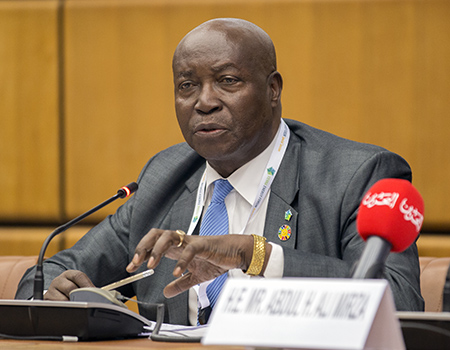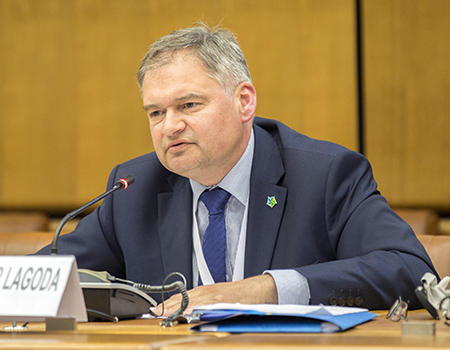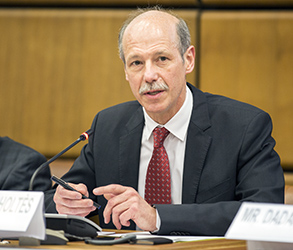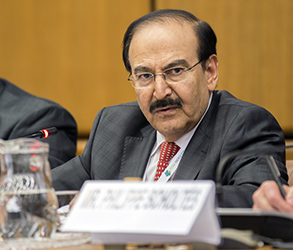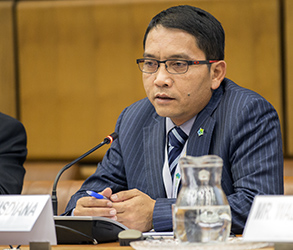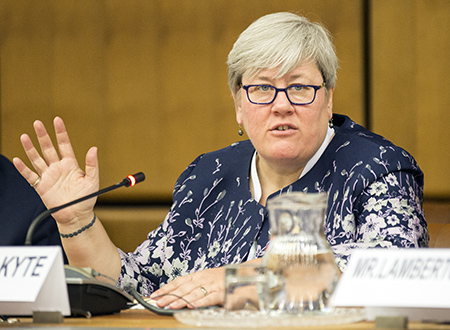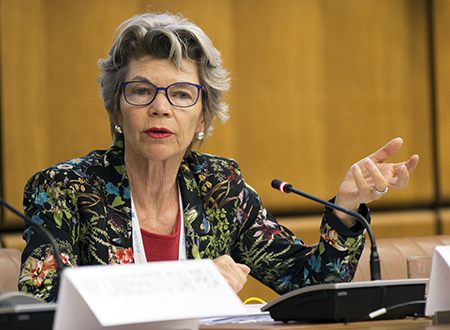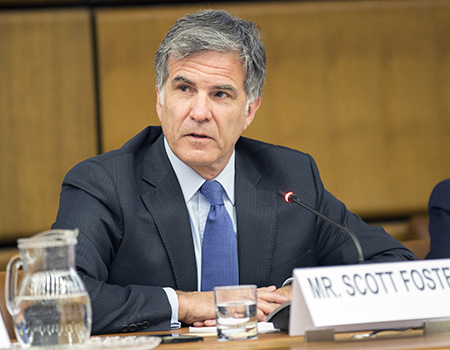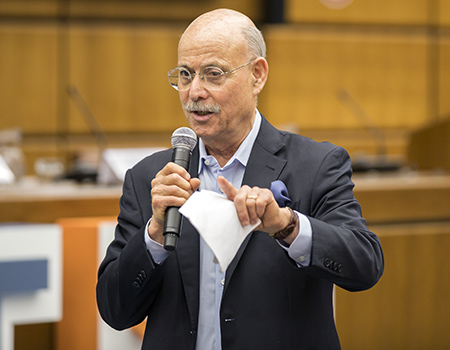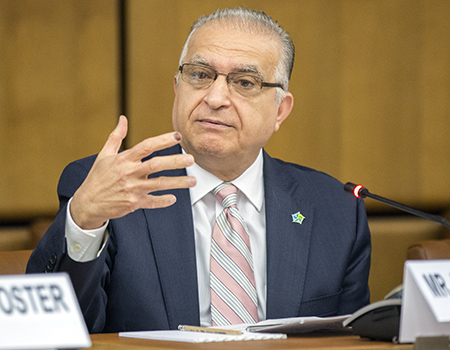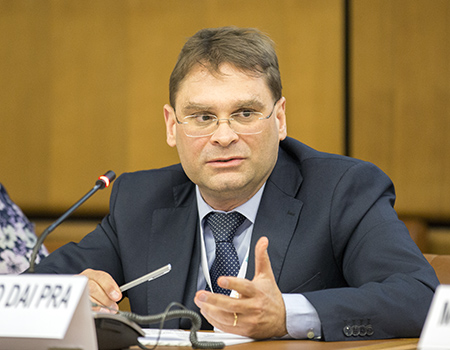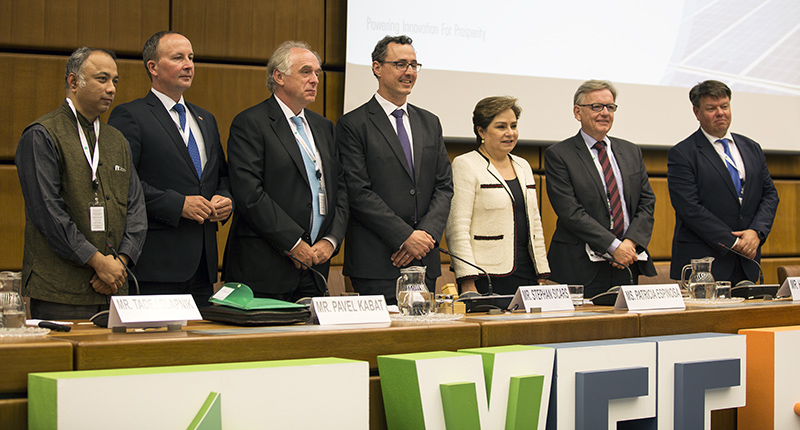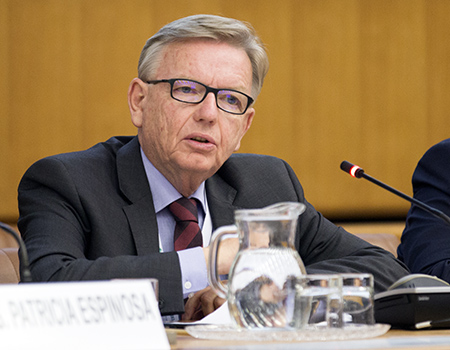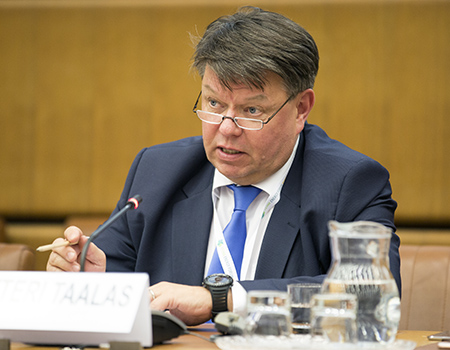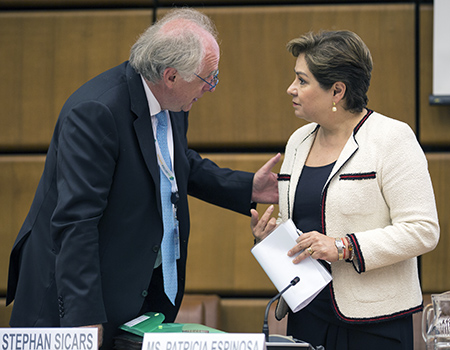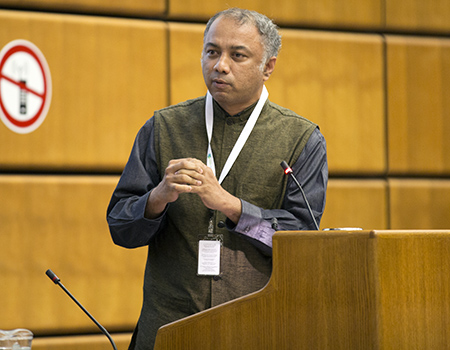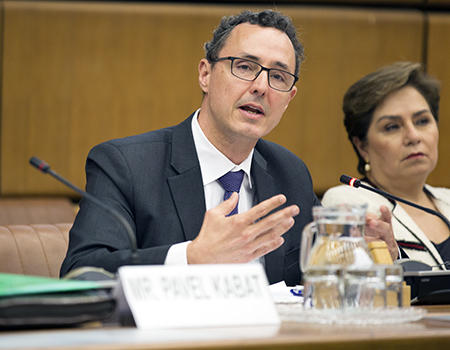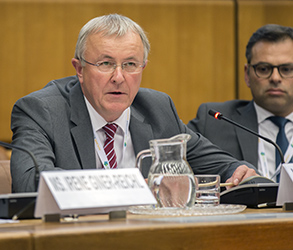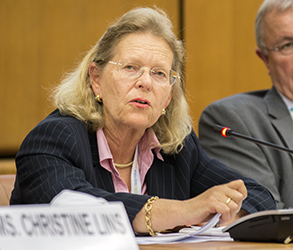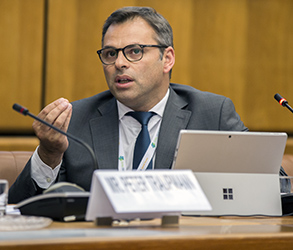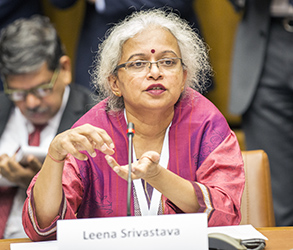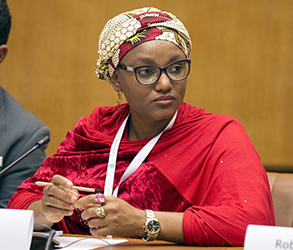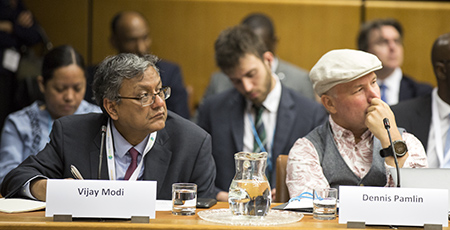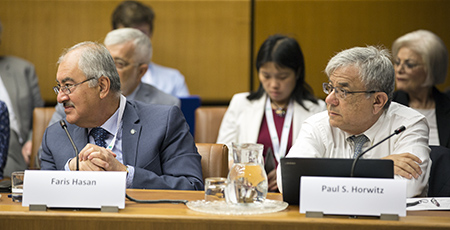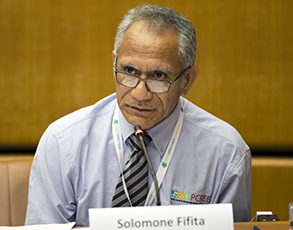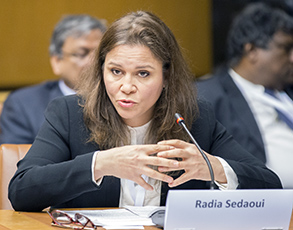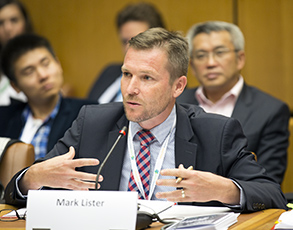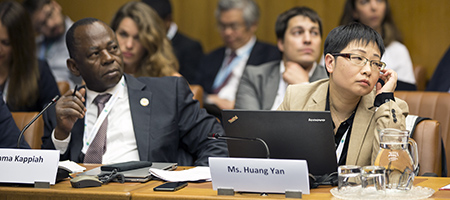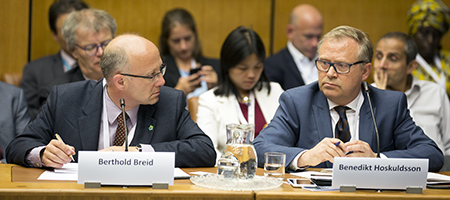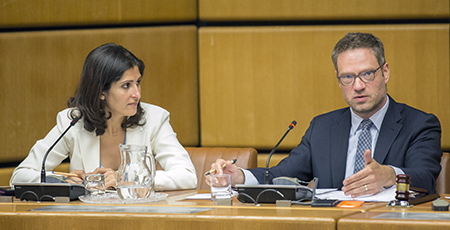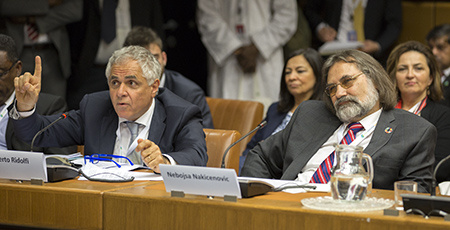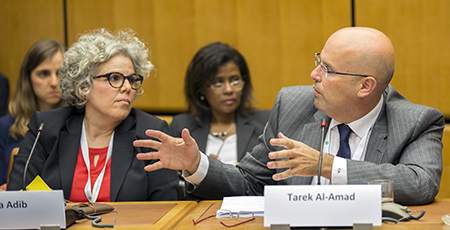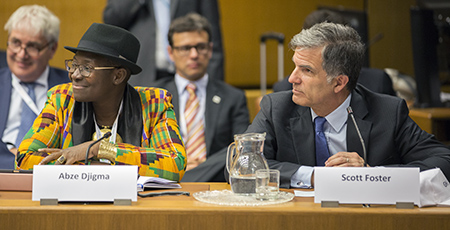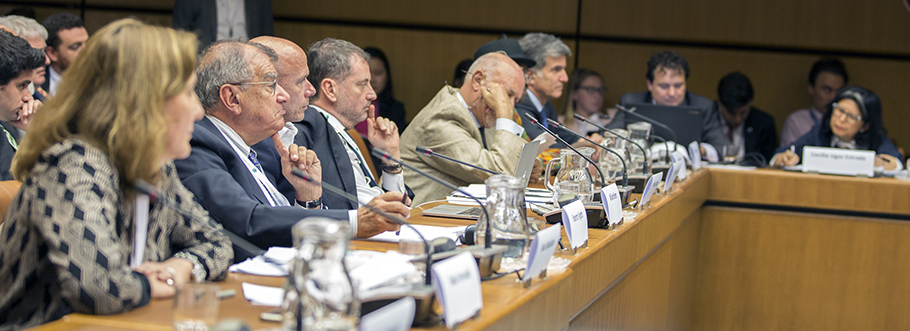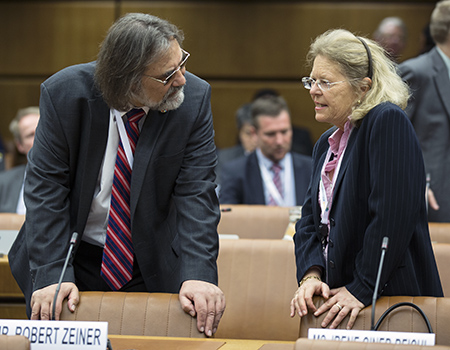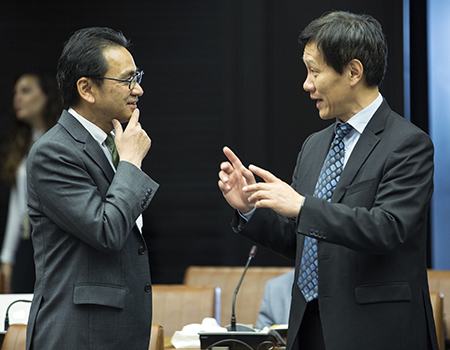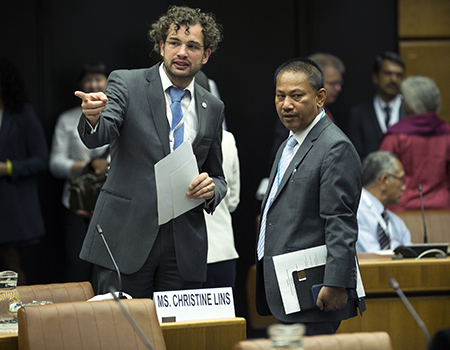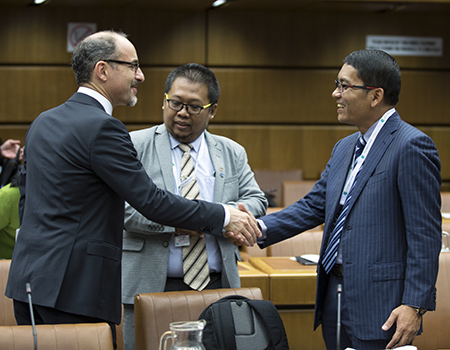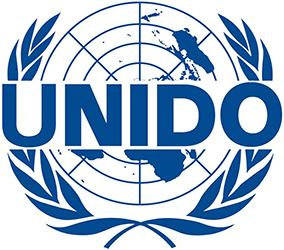|
The Special Session of the 2018 Vienna Energy Forum convened on Monday, 14 May, in plenary session and high-level roundtables with the participation of over 430 attendees. The Special Session breaks the bi-annual cycle of the Forum in order to provide feedback on SDG 7 (energy) to the High-Level Political Forum on Sustainable Development (HLPF).
During the morning plenary, focusing on the transformation of energy systems, participants heard Jeremy Rifikin, Foundation on Economic Trends, describing the energy transition as humanity’s third economic revolution, which he said was founded on the convergence of decarbonization, decentralization and digitization of transport. Panelists discussed challenges and opportunities in several regions, including energy access, energy efficiency, the EU clean energy package, and private sector considerations.
In the first afternoon plenary, panelists addressed climate change and clean energy technology innovation, as well as how to empower and catalyze entrepreneurial eco-systems for climate innovation in developing countries. In the second plenary, focused on the role of partnerships in achieving development, panelists addressed, among others, interlinkages between different Sustainable Development Goals (SDGs), regional initiatives and centers of excellence in the energy sector, and the role of donors.
The morning high-level roundtable focused on enhancing the participation of small and medium enterprises (SMEs) and start-ups from developing countries in climate and clean energy technology and innovation markets. Participants discussed, among others, policy support needed to nurture SMEs, how to move from project-based to integrated approaches, how large companies can provide support for SMEs, and barriers for clean energy development.
In the afternoon, a roundtable heard from the clean energy centers of the Global Network of Regional Sustainable Energy Centres (GN-SEC) and other regional initiatives on the role of regional approaches to scaling up clean energy. The last roundtable addressed socio-economic impacts of low-carbon energy systems, finance, and the potential for clean energy to catalyze industrial transformation in developing countries.
In the high-level segment on powering innovation for prosperity, panelists reflected on national experiences, the effectiveness of policy instruments, and how the international community can help accelerate energy transitions. During the closing session participants heard about preparations for the SDG 7 review during the HLPF.
|
|
